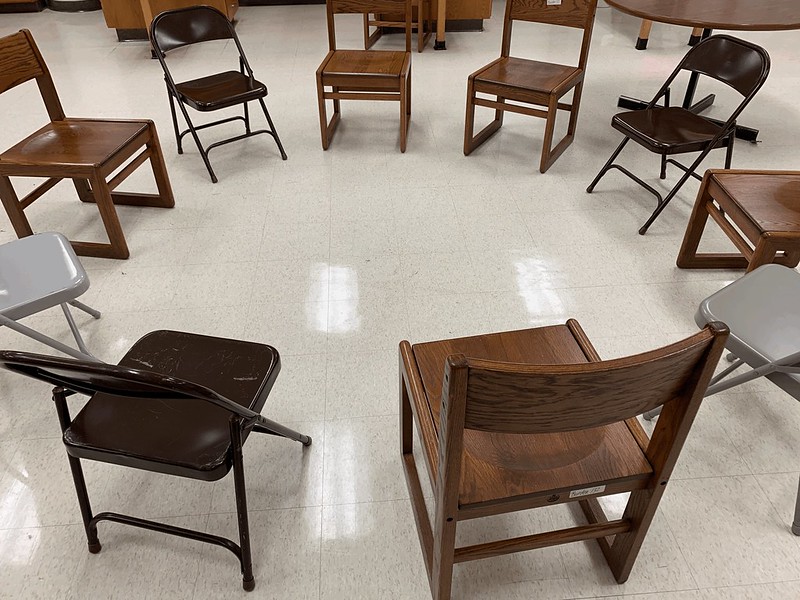Ongoing courses and work groups available in the areas of depression, anxiety and mindfulness
According to John McLeod (1997), voice and power are interlinked. So speaking up, especially in a group, can be a very empowering experience. He also talks about the potential impact of group interactions as helping us to repair our personal story and restore our strength. Joining a group allows us to hope that we can recover or improve in some way.

Researchers like Foulkes (1974) believe that human disturbances come from a lack of connection in our social and/or family groups. While Johnson & Johnson (1997) suggest that our lives are indicative of how our groups are and how connected we feel in them.
When people do share in groups, they usually feel more connected. It builds their confidence to be heard by others and this builds self esteem and an overall sense of empowerment. For some even sharing a small amount can have this affect. Sharing between people on a deep and genuine level helps to build trust, to feel safe and at ease with each other and to get a sense of creating a healthy relationship that is honest, genuine and sincere. This bond, safety and trust allows individuals to address insecurities and issues and to process our difficulties in life. We can learn that we are not alone in our pain and our emotions and get comfort and strength from others life struggles. As Carl Rodgers (1961) states: ‘That which is deepest to us is most universal’.
References:
- Foulkes, S.H. My philosophy in psychotherapy. J Contemporary Psychotherapy 6 (1974).
- Johnson, D. W., & Johnson, R. (1997). Learning to lead teams: Developing leadership skills. Edina, MN: Interaction Book Company.
- McLeod, J. (1997). Narrative and psychotherapy. London: Sage Publications.
- Rogers, C. R. (1961). On becoming a person. London: Constable
